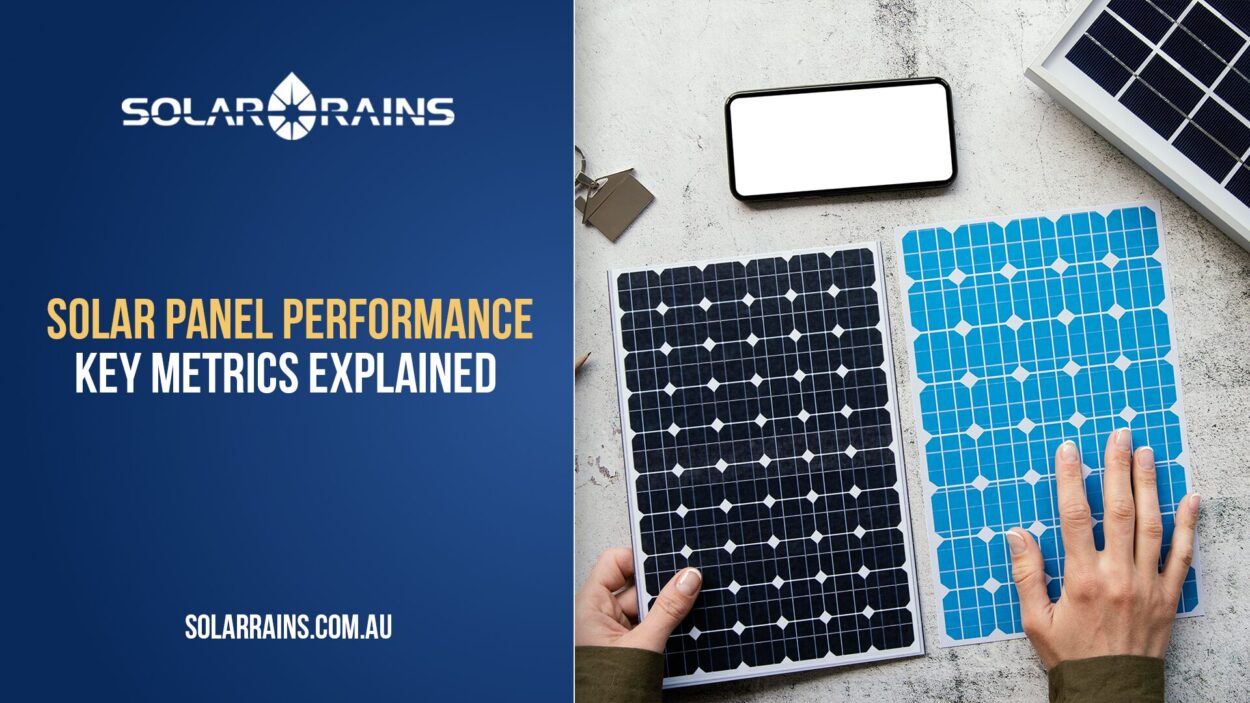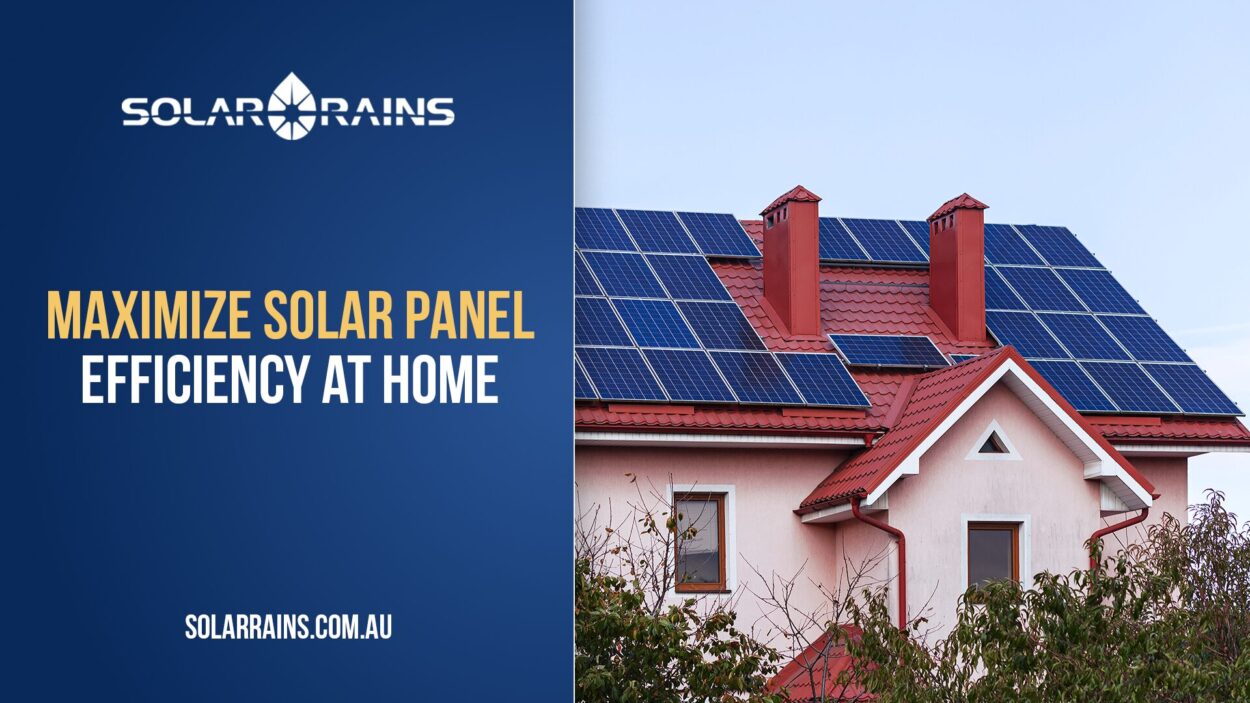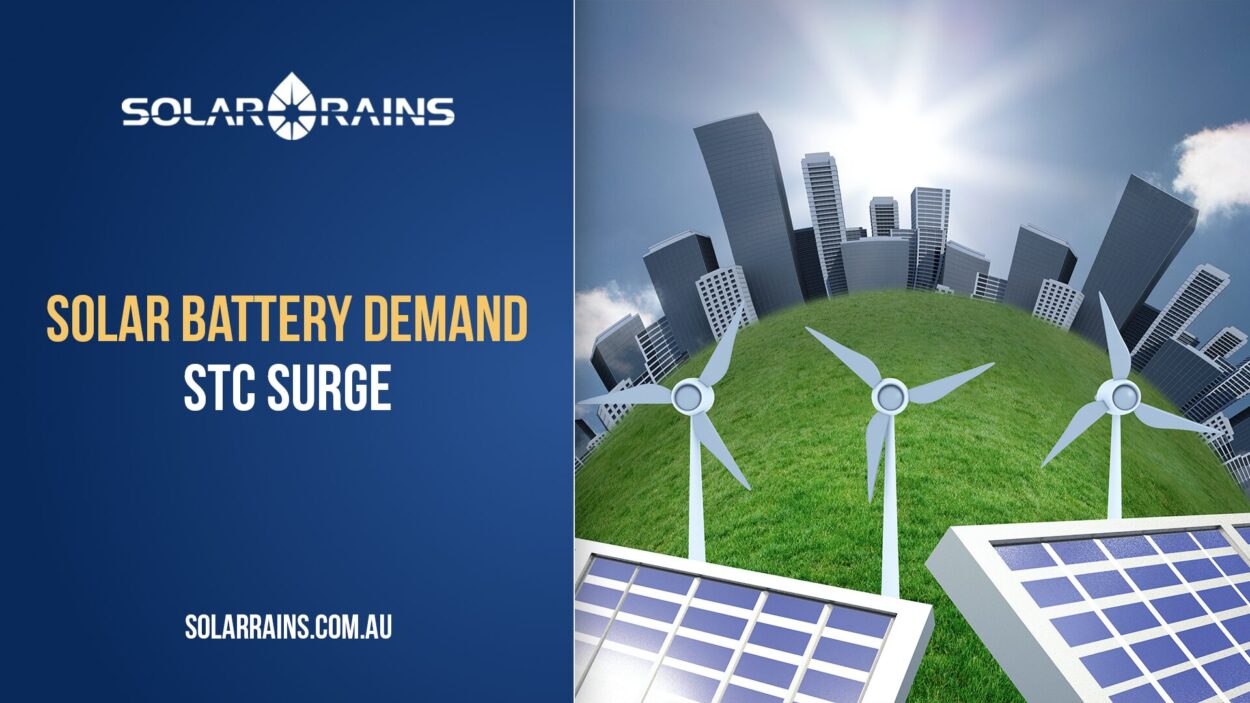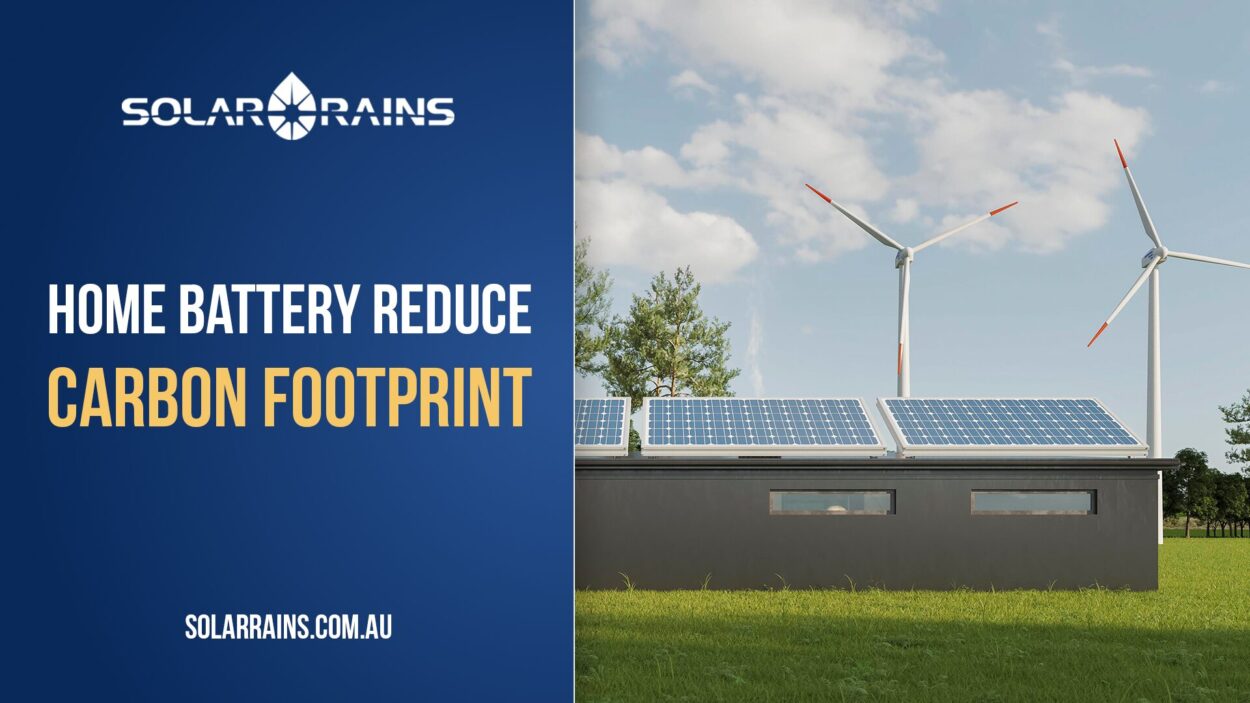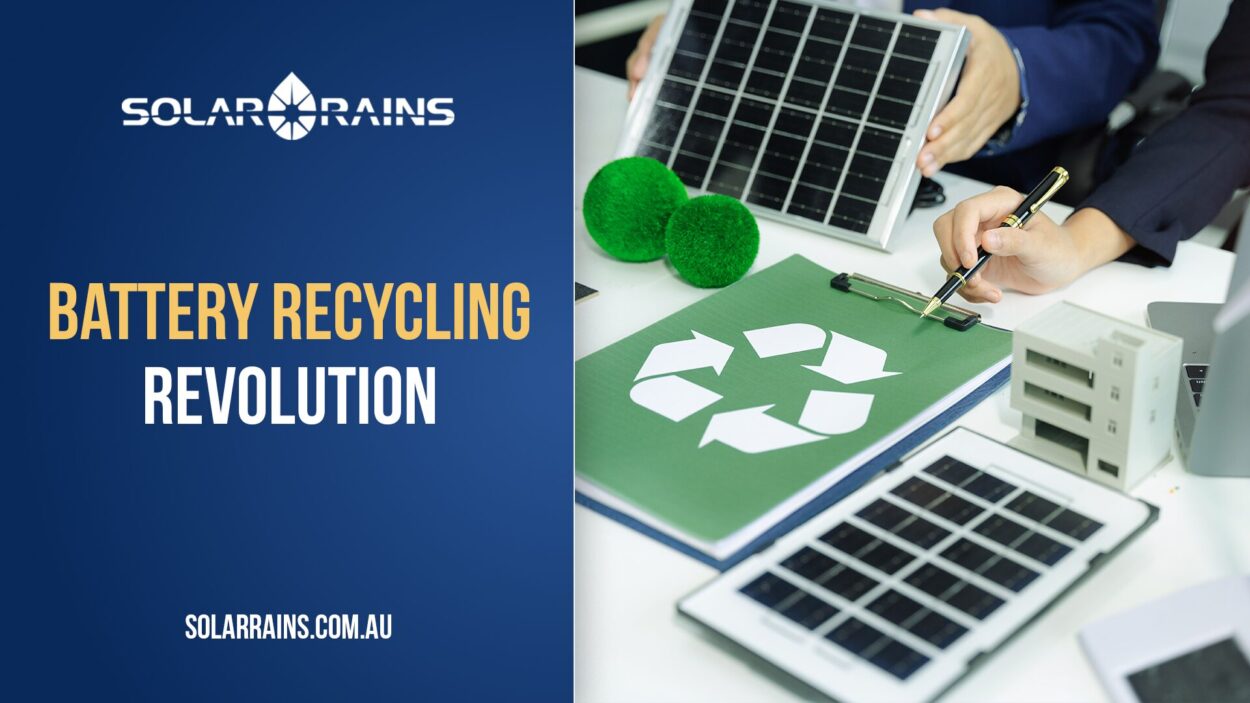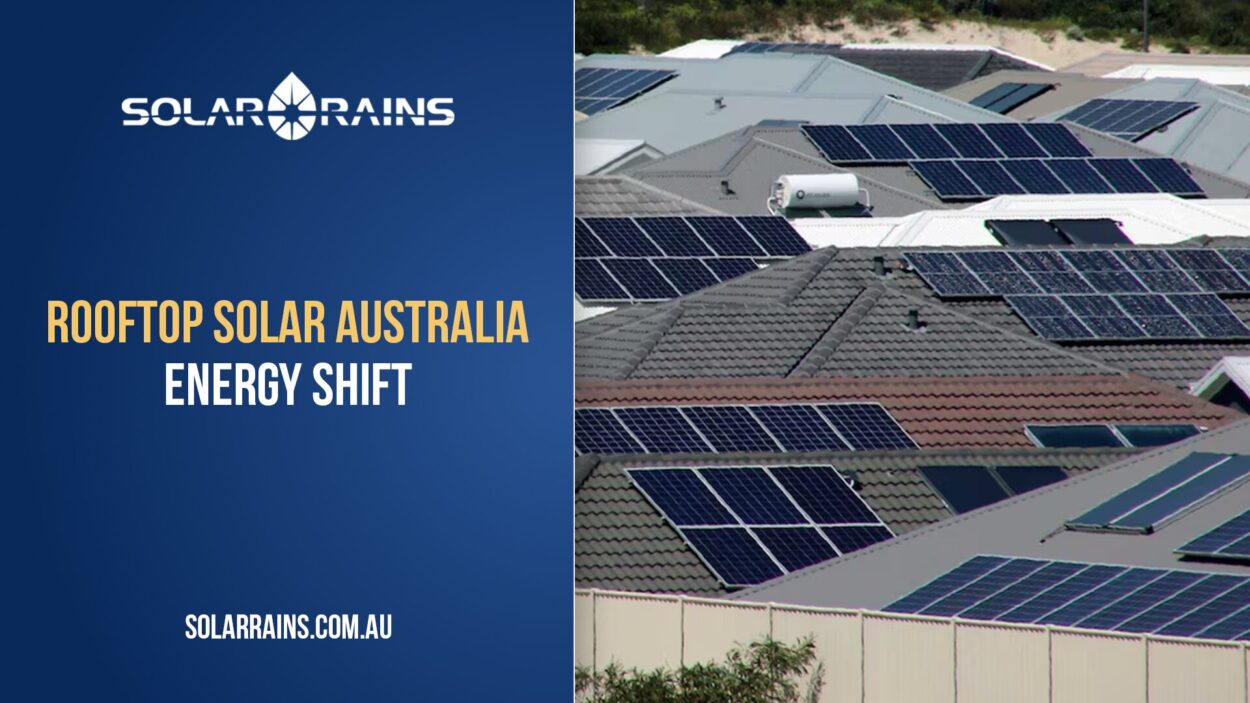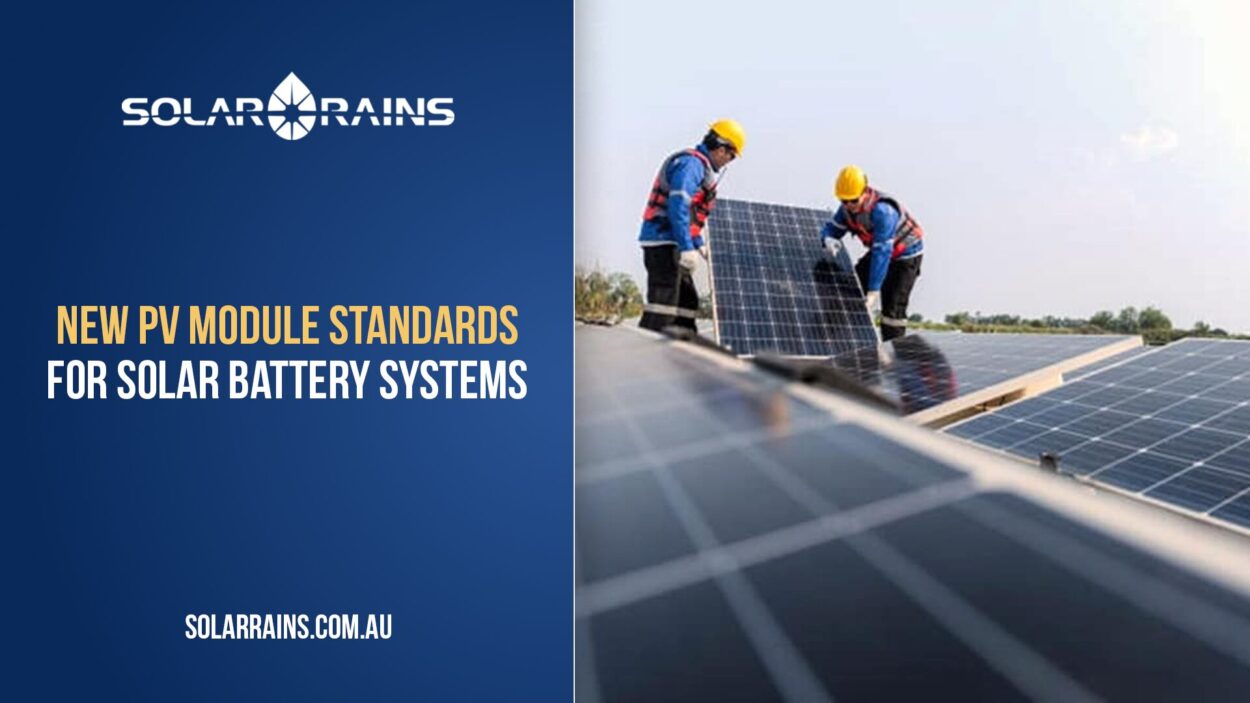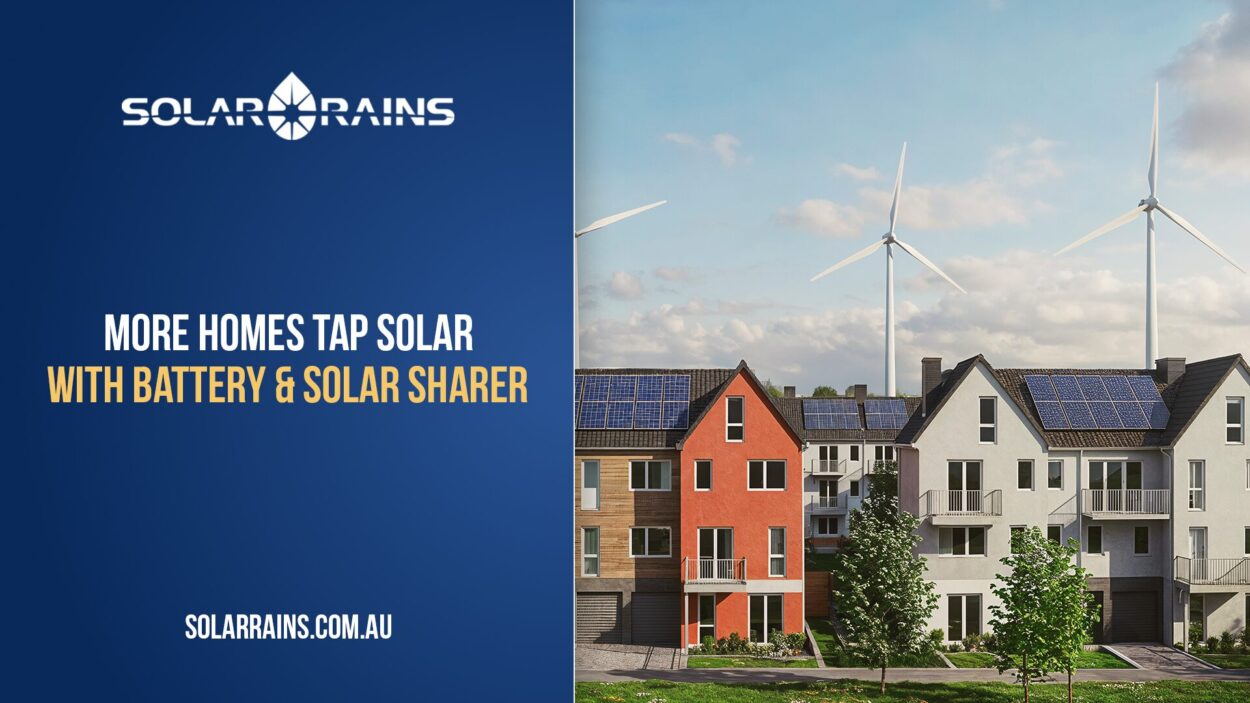Why Tape Matters in Electrical Installations
Insulation tape may seem simple, but in solar installations, it plays a vital role in electrical safety, compliance, and performance. With many types available, particularly PVC insulation tape and general electrical tape, it’s crucial to understand the difference.
Whether you’re a professional installer or a business owner seeking safe and durable solar product solutions, choosing the right insulation tape ensures long-term cable protection and system reliability.
What Is Insulation Tape?
Insulation tape, also known as electrical tape, is a pressure-sensitive adhesive tape used to insulate and protect electrical wires and other conductive materials.
While many refer to all types as “electrical tape,” not all insulation tapes are created equal. Some are made from PVC, some from rubber, and others from vinyl or glass cloth.
In solar systems, PVC insulation tape is commonly used for its affordability, heat resistance, and flexibility.
What Is Electrical Tape?
“Electrical tape” is a broader category that refers to any tape used in electrical applications. It includes PVC tape, rubber-based tape, and high-voltage specialist variants.
Depending on the application, general electrical tape can vary in adhesive strength, flexibility, temperature resistance, and UV durability.
Understanding this distinction helps clarify why PVC insulation tape is ideal for many day-to-day solar uses, but not all.
Key Features: PVC Insulation Tape vs Electrical Tape
| Feature | PVC Insulation Tape | General Electrical Tape |
| Material | Polyvinyl chloride (PVC) | PVC, rubber, cloth, vinyl |
| Temperature Resistance | Up to ~80°C | Varies: from 60°C to 150°C depending on type |
| Flame Retardant | Yes | Varies |
| UV Resistance | Moderate | Higher for rubber or specialized vinyl |
| Durability | Good for indoor/outdoor use with moderate exposure | Higher in industrial-grade versions |
| Typical Colours Available | Full rainbow – for phase marking & identification | Limited or full range depending on product line |
| Standards Compliance | Meets IEC/EN standards | May vary; always check datasheet |
| Cost | Affordable (economical for mass installations) | May be higher for specialty tapes |
Benefits of Using PVC Insulation Tape
- Cost-Effective for Volume Projects: For solar farms, rooftop solar, and commercial installations, PVC insulation tape offers significant savings without compromising core functionality.
- Easy Colour Coding: Products like Solar Rains’ PVC Elect Insulation Tape Rainbow come in assorted colours, making it easy to mark phases, polarities, or cable types for visual inspections.
- Flexible & Lightweight: Ideal for cable bundling, splicing, and quick fixes, especially in residential solar installations.
- Compliant & Safe: Most quality PVC insulation tapes comply with international safety standards, ensuring protection against electrical shorts and fire hazards.
Applications in Solar Installations
- Wire Bundling & Labelling: Keep solar DC wiring neat and traceable.
- Insulating DC Junction Boxes: Prevent contact shorts in high-voltage enclosures.
- Temporary Cable Repairs: Shield exposed conductors or cracked sheathing until a technician can replace them.
- Phase/Polarity Marking: Colour-coded tape enables quick identification in 3-phase or hybrid inverter setups.
When to Use Other Types of Electrical Tape
While PVC insulation tape covers most applications, there are times when higher-spec electrical tape is needed:
- Extreme Heat or Cold: Use silicone-based or cloth-backed tapes.
- High-Voltage (>1.5kV): Opt for rubber or self-amalgamating tapes.
- Continuous UV Exposure: Vinyl or rubber tape with superior weather resistance is preferred.
In these cases, consult your solar supplier for alternative recommendations tailored to your system’s voltage and environmental exposure.
PVC vs Electrical Tape: Quick Comparison Table
| Use Case | Recommended Tape |
| General solar wiring | PVC insulation tape |
| High-temp enclosures | Specialty electrical tape |
| Outdoor cable bundling | UV-resistant vinyl tape |
| Emergency insulation repair | Self-fusing rubber tape |
| Wire identification | PVC insulation tape (colour-coded) |
FAQs
Not exactly. PVC insulation tape is a type of electrical tape, but not all electrical tapes are made from PVC. Some are rubber, silicone, or fabric-based for different use cases.
Yes, but choose UV-rated PVC tape. Solar Rains’ products are designed for Australian rooftop conditions.
It can last up to 5-7 years outdoors if exposed to sunlight, and over 10 years indoors, depending on the environment.
Keep it in a dry, cool place away from direct sunlight. Store in the original packaging if possible.
It is water-resistant but not fully waterproof. Use multiple overlapping wraps for improved sealing.
It saves time during installation and maintenance by enabling quick phase or polarity identification.
Yes. Check out our PVC Elect Insulation Tape Rainbow – available in assorted packs ideal for solar installations.
Conclusion
While both insulation tape and electrical tape serve to protect electrical systems, choosing the right type for your solar installation matters.
For most solar projects, especially rooftop or commercial installations, PVC insulation tape offers an ideal balance of performance, safety, and affordability.
With the right tape from a trusted solar supplier, you not only improve your system’s safety and durability but also streamline compliance and maintenance tasks.




